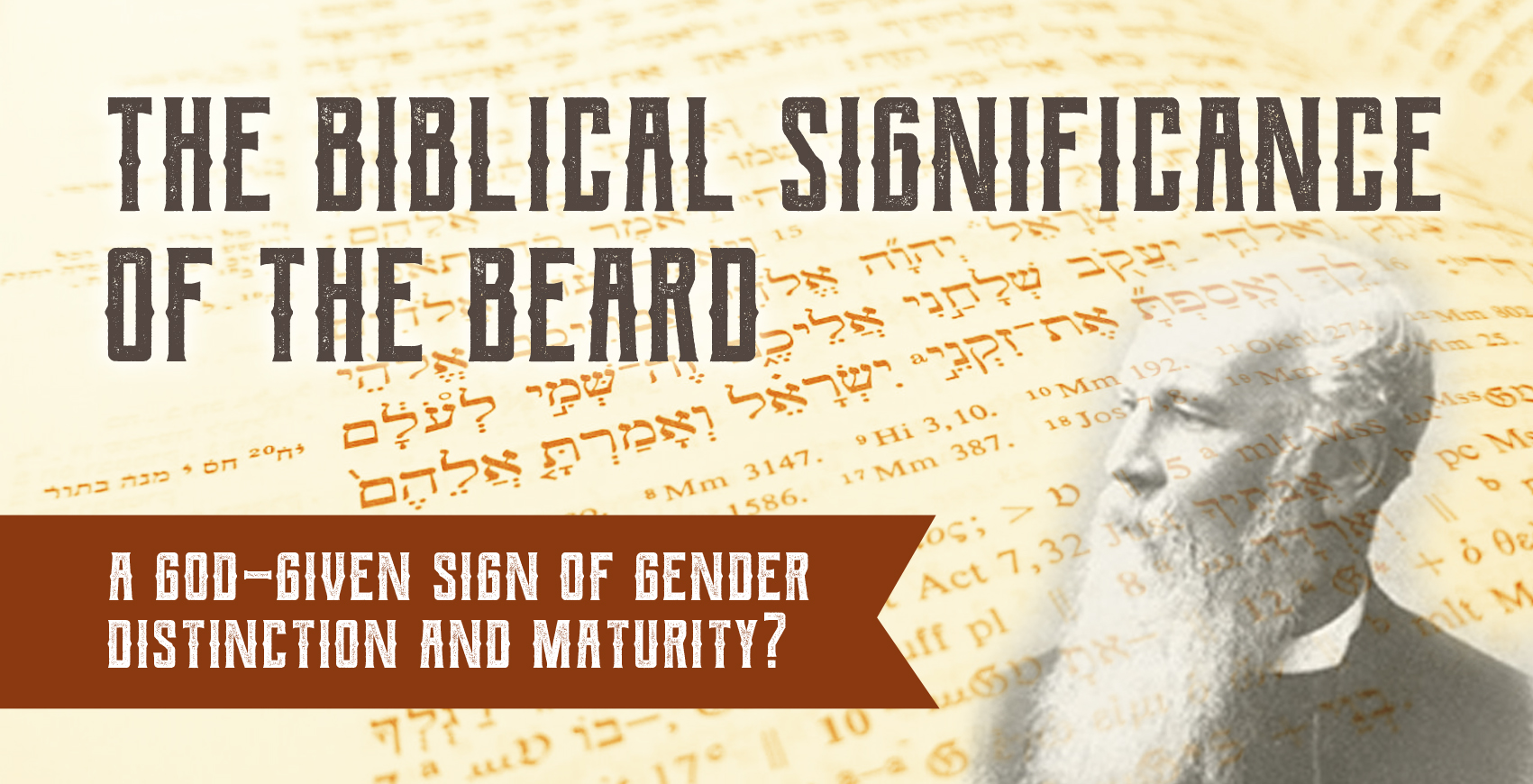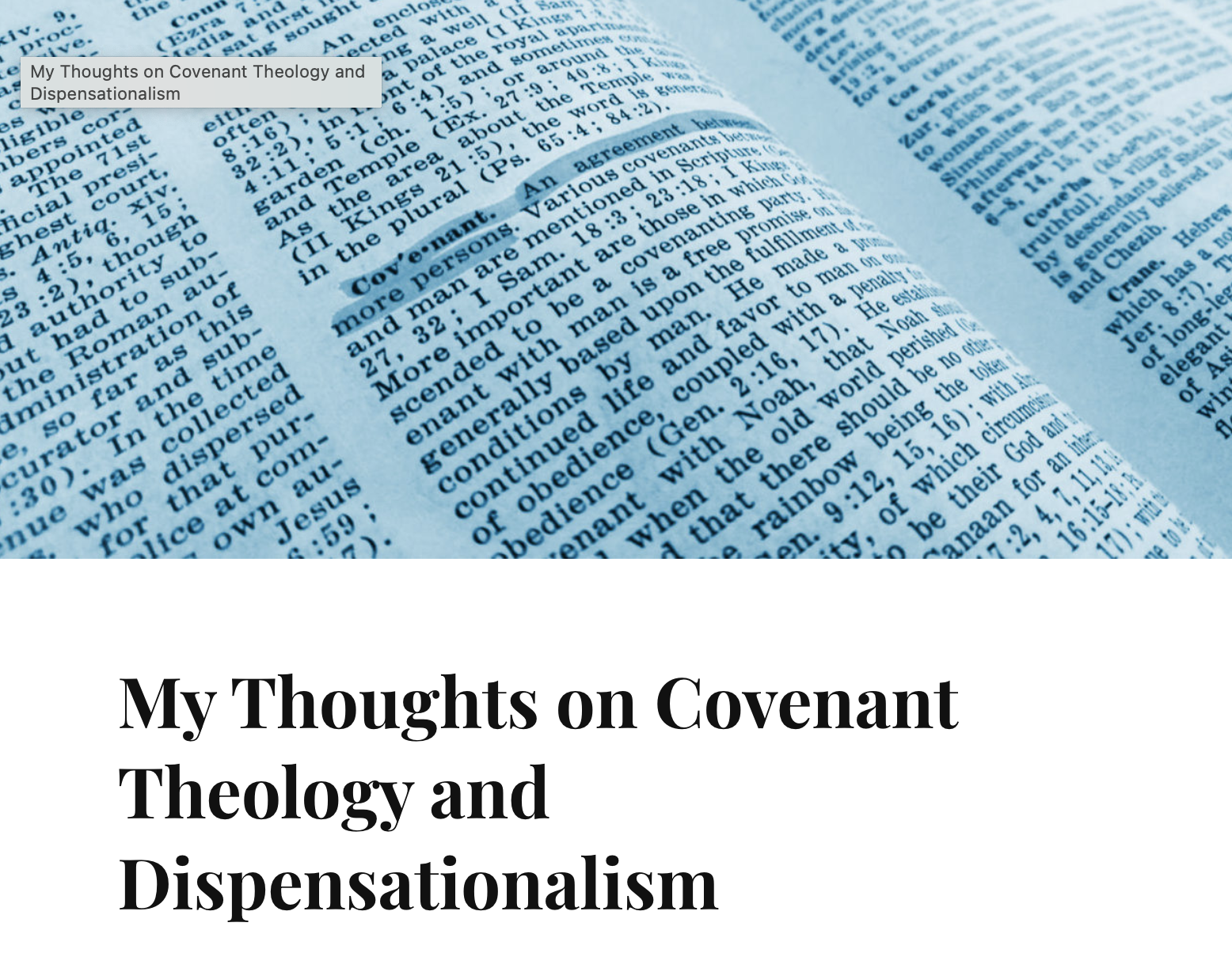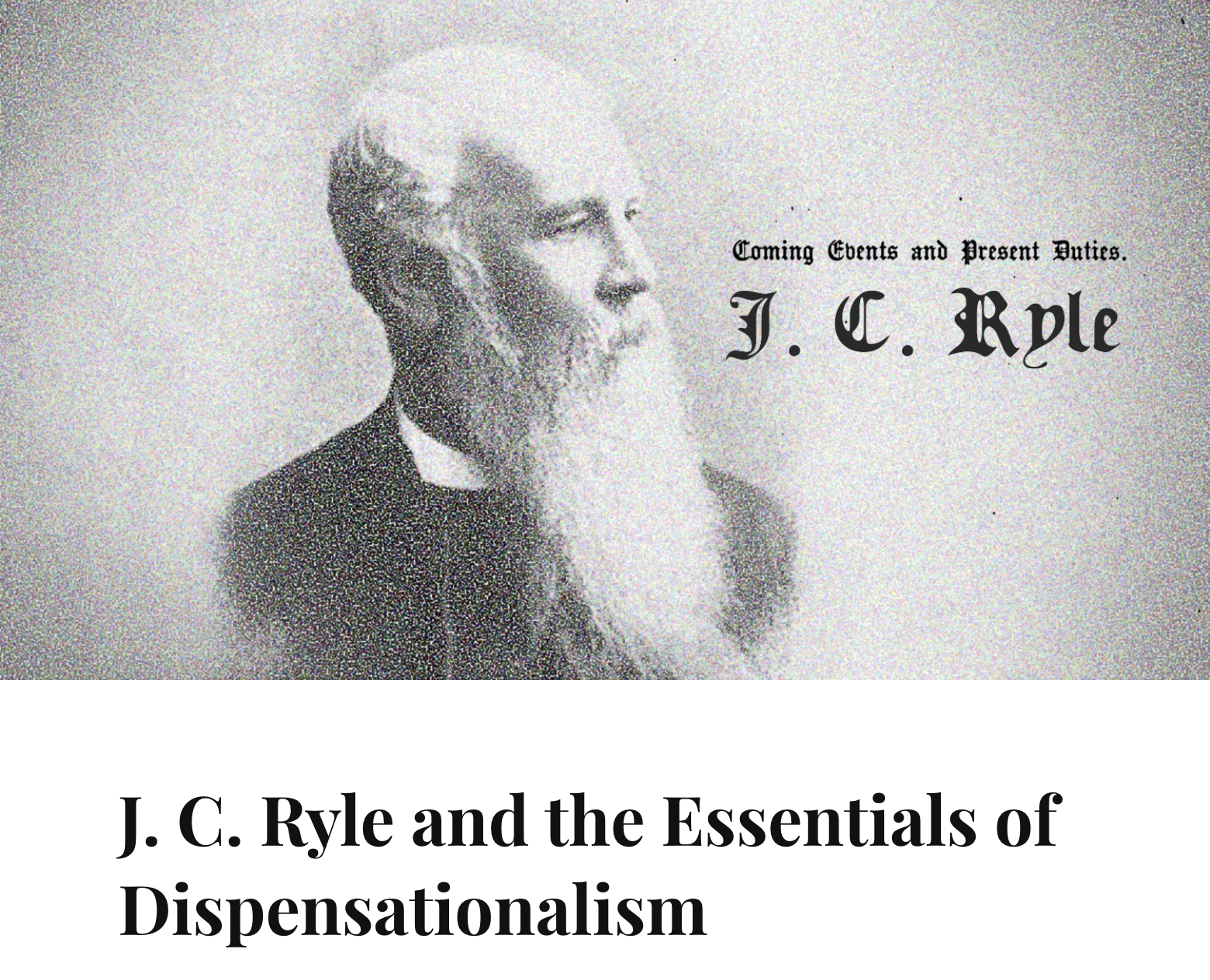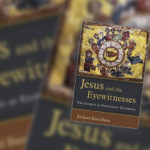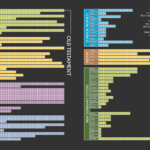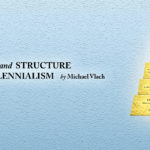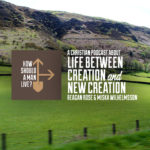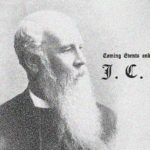Covenant Theology? Agree or disagree?
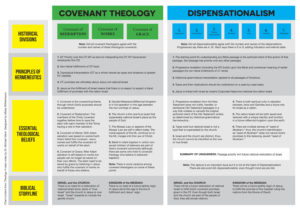
Here’s a comparison chart I made contrasting the essentials of covenant theology and dispensationalism, based on content from my Theology 4 class with Dr. Michael Vlach. You can download the PDF here.
My short answer would be, no, I do not hold to covenant theology, since I don’t think it is justifiable by Scripture. That being said, I do recognize that there are many godly men who do hold to that view, men whom I have benefited greatly from, especially as it comes to other aspects of theology (such as soteriology). Even though the essence of covenant theology is often presented to be the theological covenants that seek to tie together the broader storyline of Scripture, I actually don’t think this is the most helpful way to look at the most foundational distinctives of covenant theology. Granted, I do not believe that the theological covenants (Covenant of Redemption, Covenant of Works, Covenant of Grace) are found presented as such in Scripture. But at the same time I do not think it has the most drastic effects on your theology, even if one were to accept the theological covenants as legitimate descriptions of biblical truths. A good example of this was S. Lewis Johnson, who was a dispensationalist and yet recognized the theological covenants of covenant theology as legitimate descriptions of the truths taught in Scripture. My personal opinion is that the theological covenants are not necessarily fully wrong, but mainly just confusing and not very helpful in theology and biblical interpretation.




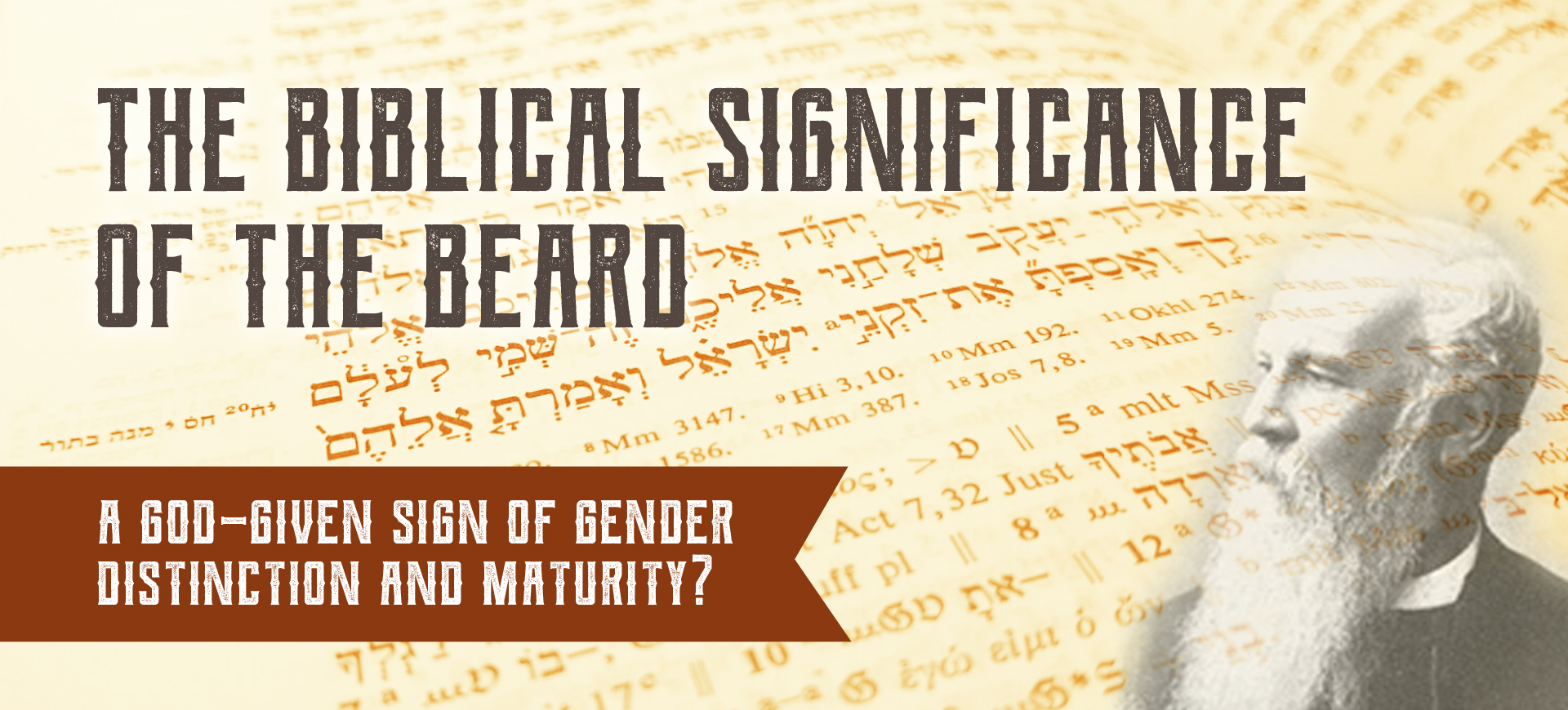

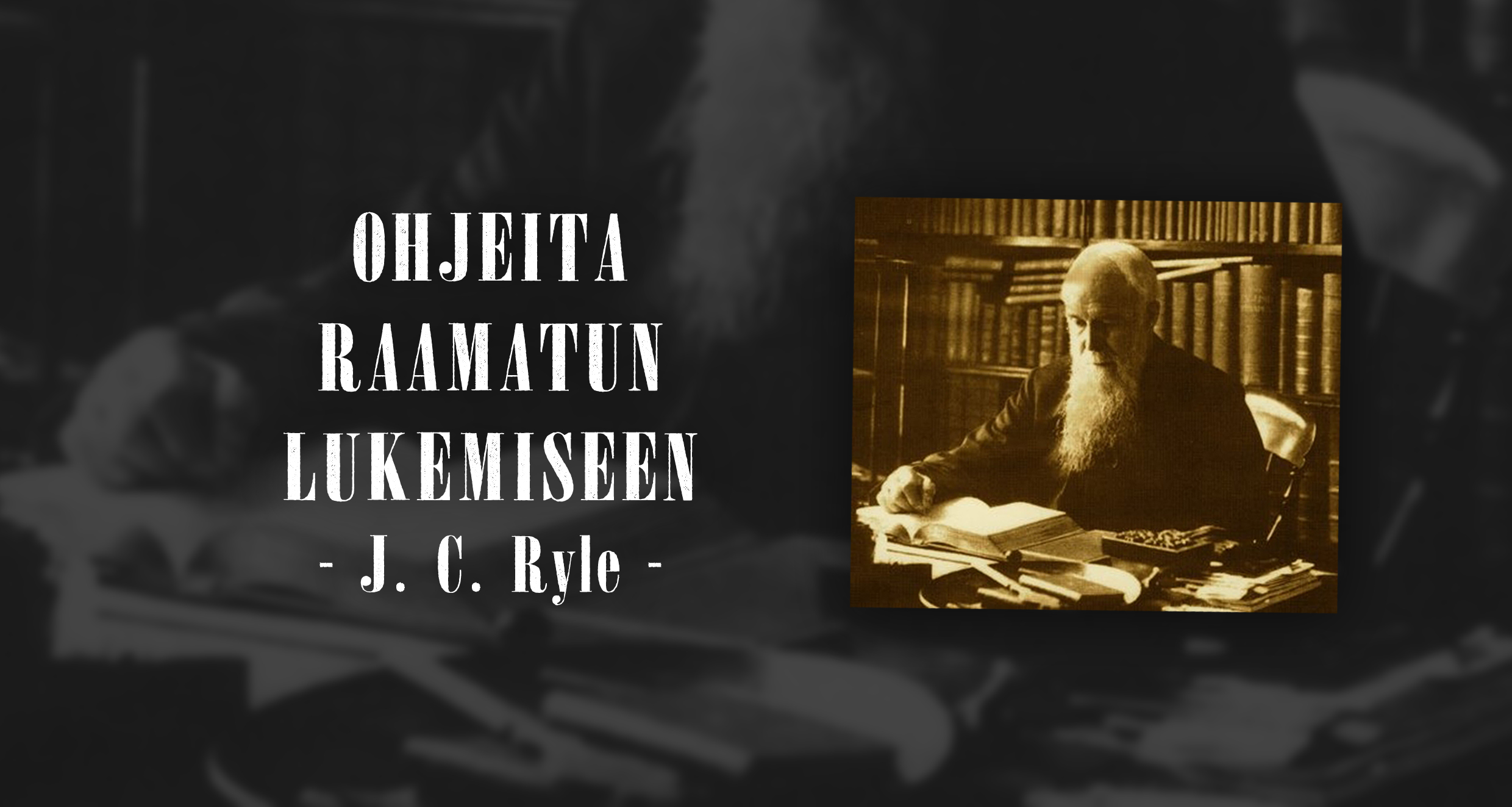
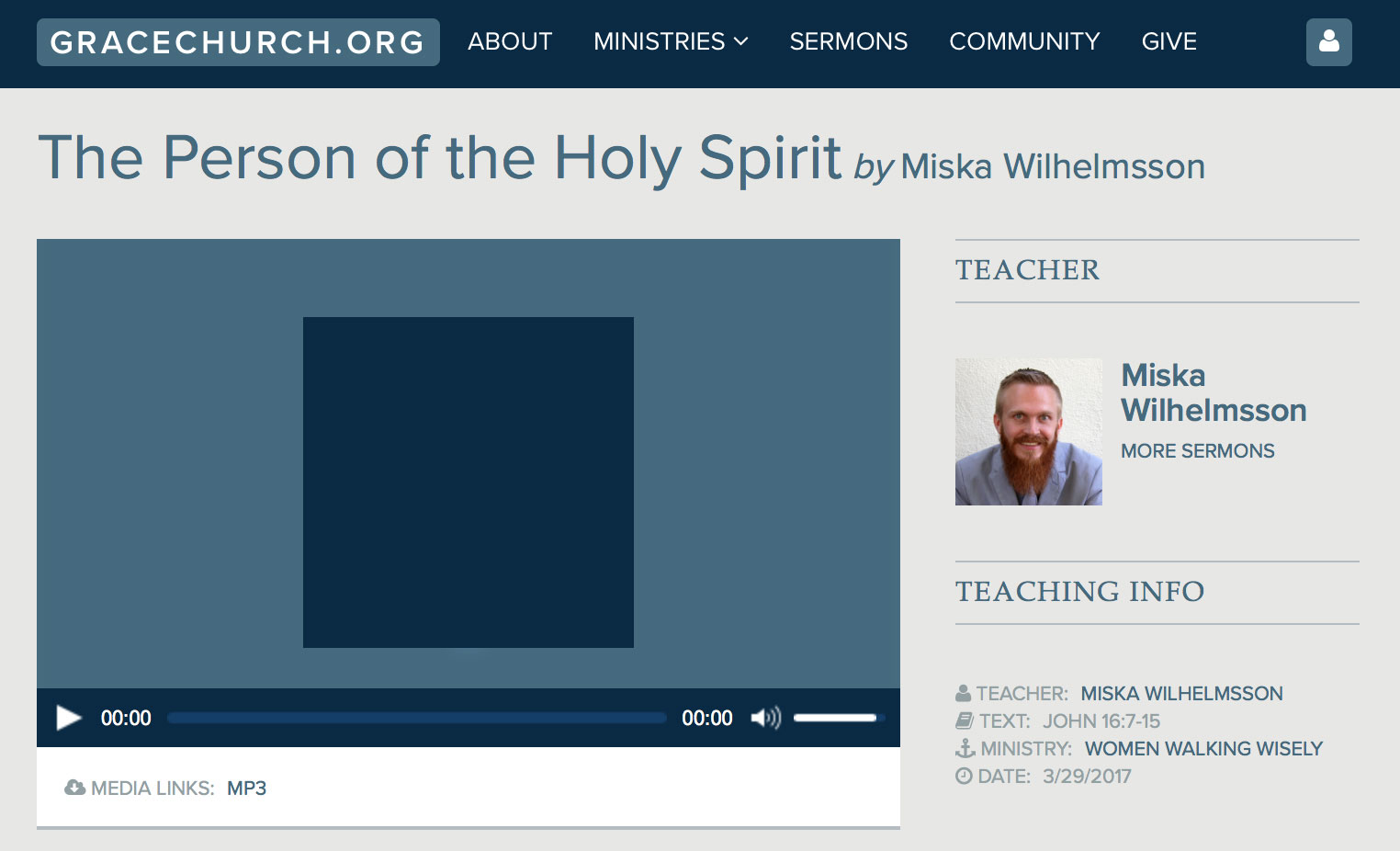
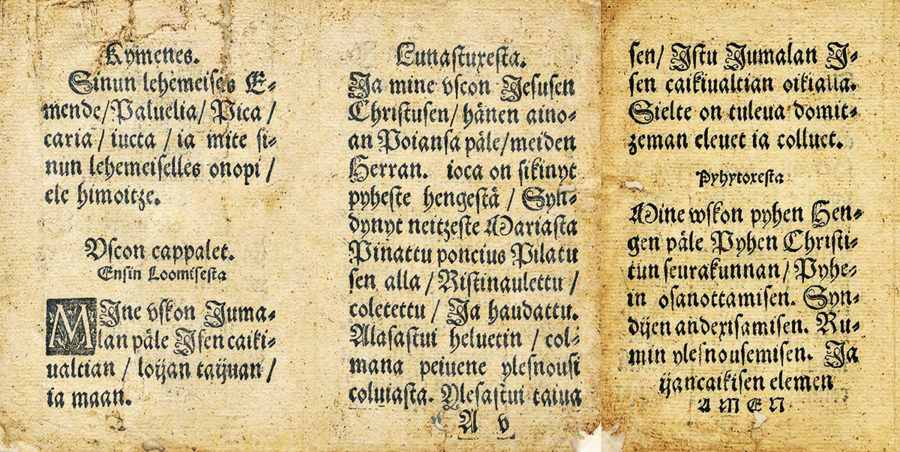

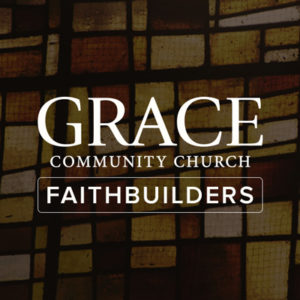


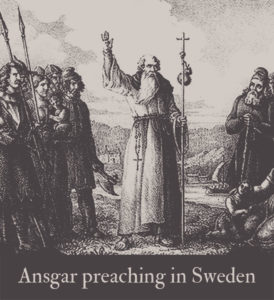 The first one to preach Christianity in Scandinavia was a German monk named Ansgar. He first arrived to Denmark in 826 and started preaching there. A few years later in 830 he travelled to Sweden for the purpose of evangelizing the people there also. Certain individuals did convert by his ministry both in Denmark and Sweden, but the monks were still persecuted by many of the native people in those lands. Ansgar died in 865, which resulted in the decline of the German missions in Scandinavia.
The first one to preach Christianity in Scandinavia was a German monk named Ansgar. He first arrived to Denmark in 826 and started preaching there. A few years later in 830 he travelled to Sweden for the purpose of evangelizing the people there also. Certain individuals did convert by his ministry both in Denmark and Sweden, but the monks were still persecuted by many of the native people in those lands. Ansgar died in 865, which resulted in the decline of the German missions in Scandinavia.
